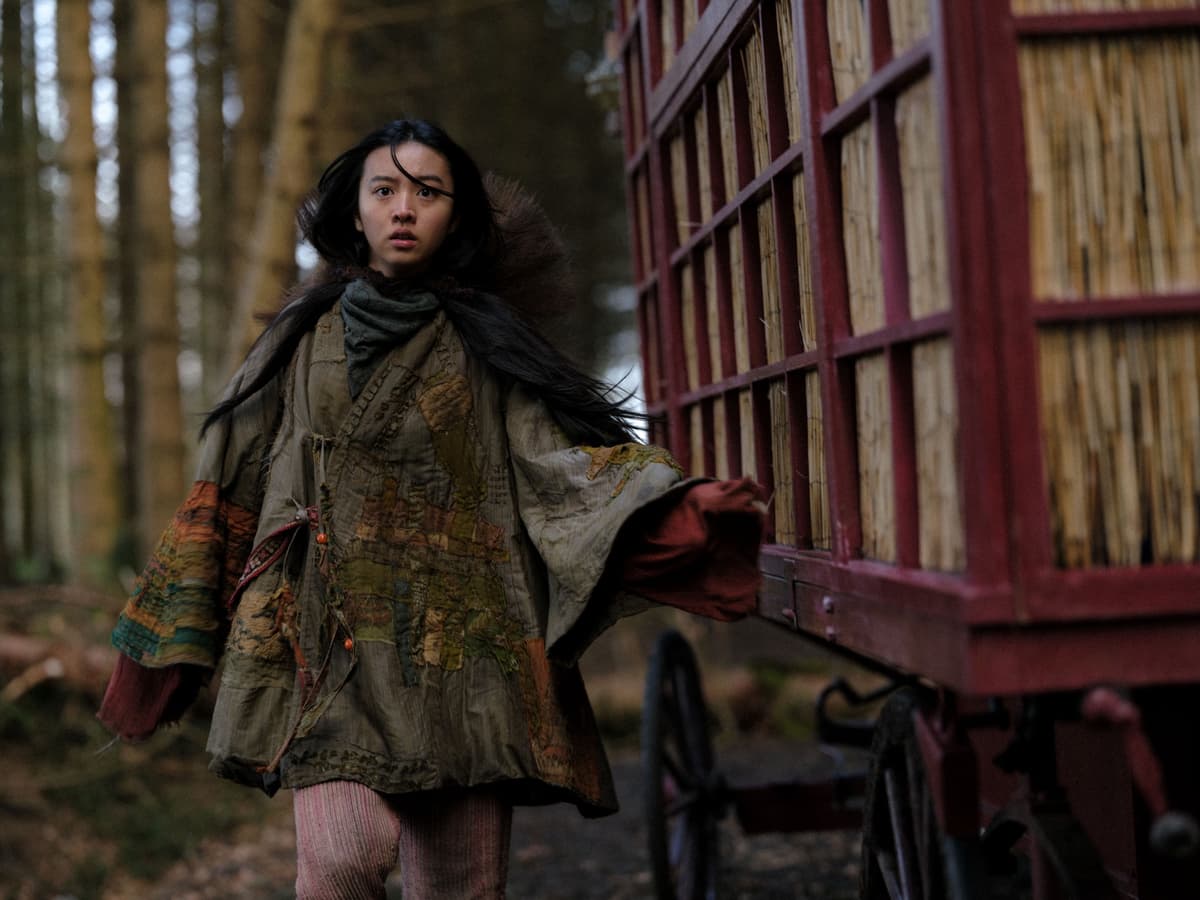
The GOP Will Beat History in the Midterms by Sticking to Its America-First Values
By LAWRENCE KUDLOW
|‘Tornado’ is as taut as Buster Keaton’s ‘The General,’ as linear as John Ford’s ‘The Searchers,’ and as concentrated as the suite of movies in which Randolph Scott teamed up with director Bud Boetticher.

Already have a subscription? Sign in to continue reading

By LAWRENCE KUDLOW
|
By MATTHEW RICE
|
$0.01/day for 60 days
Cancel anytime
By continuing you agree to our Privacy Policy and Terms of Service.
By LUKE FUNK
|